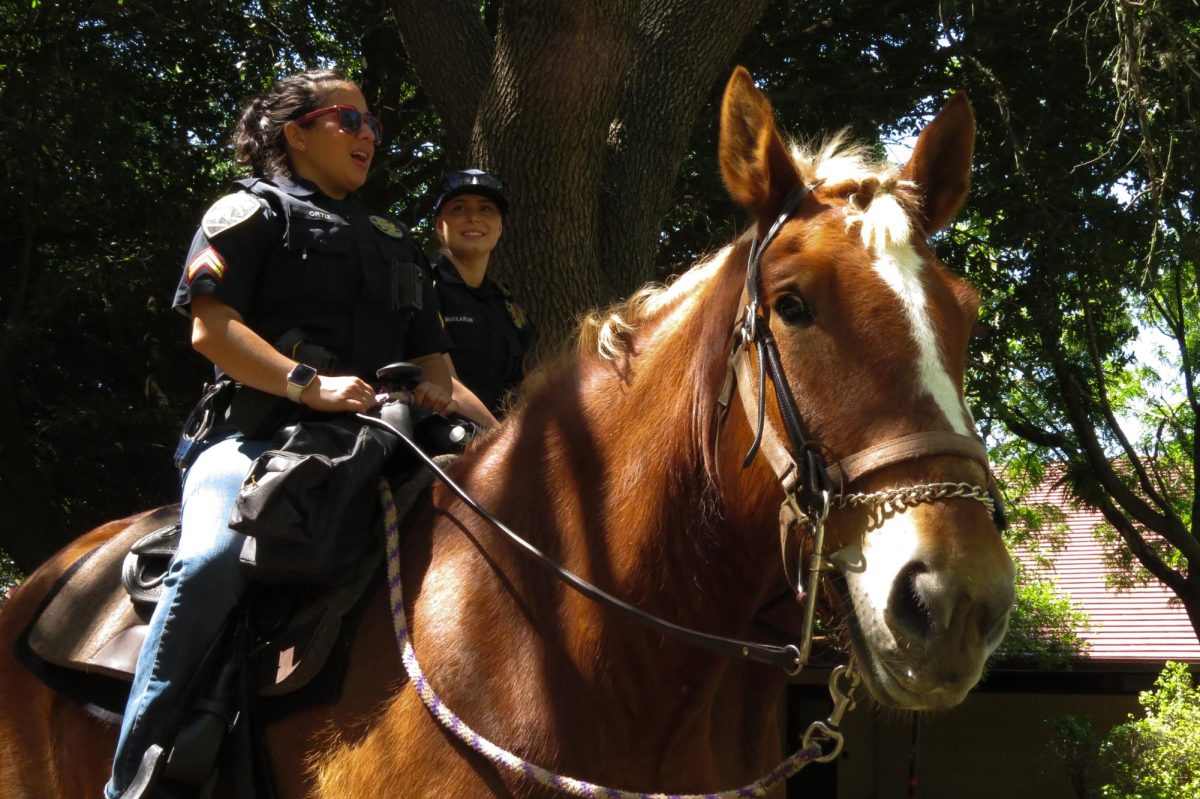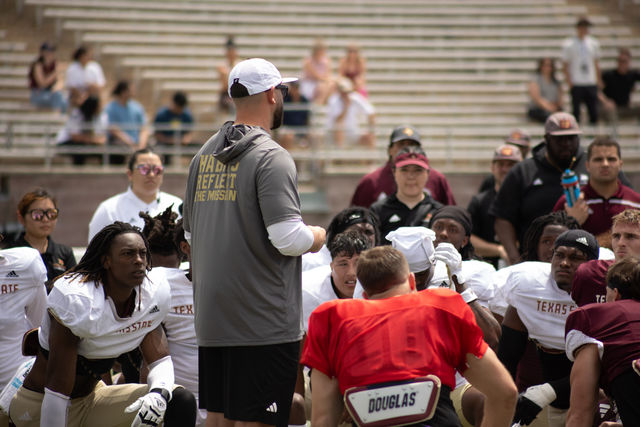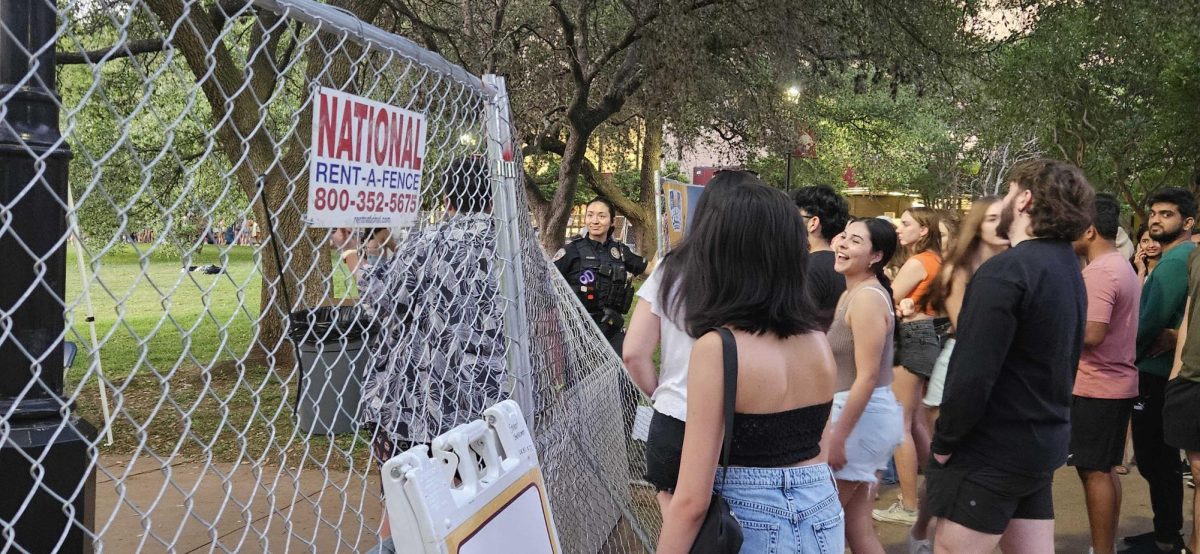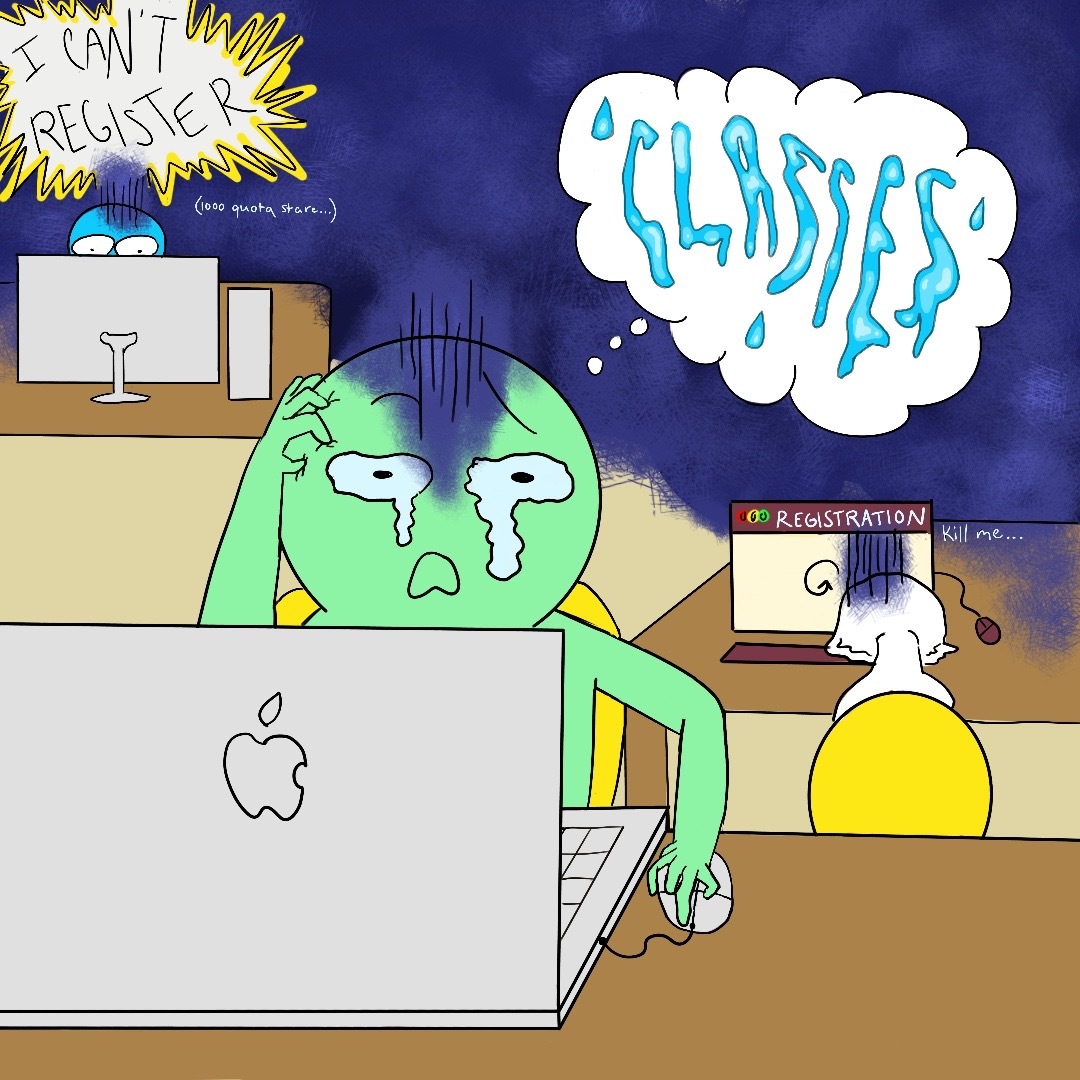Thanks to social media platforms like Twitter and Facebook, regular everyday people have greater opportunities than ever to share their opinions. Opinion leaders can be anyone now and in recent years, gained the power to “cancel” someone for saying or doing anything deemed controversial.
According to Urban Dictionary, cancel culture is when a person is stripped of their status due to accusations, whether or not they have merit.
Not only can cancel culture affect celebrities, but students and staff as well. If there is any situation brought to attention on social media, individuals involved can be called out online and brought to a negative light. This calling-out process provides unnecessary observation to people who might not have wanted attention in the first place. A hostile online environment ensues, creating bigger effects than expected.
Earlier this year, the Texas State Student Government decided to bar a conservative group on campus, Turning Point USA. The leader of the group posted a video that went viral depicting protesting students, who were thought to be liberal, as harmful people. The video quickly spread, gaining attention from thousands of people, including Gov. Greg Abbott.
Because of the video, students’ faces were now glued to all feeds about Texas State and student politics. Republican and conservative students painted the image students were violent on campus.
Due to cancel culture, comedians and speakers may struggle to find a campus to perform. During a segment of Vice news, bookers for college campuses mentioned if students do not like or agree with one thing a performer says, they can tell the entertainer to change their set.
The bookers make these calls to preserve the campus image and protect students. However, if a student does not like one joke or deems it “inappropriate,” they have the right to not let the performer give a show at all.
Cancel culture does not just stick faces to a bad image but makes people feel bad for liking or agreeing with certain things.
As the makeup industry exploded in the past few years, so have beauty gurus. James Charles and Tati Westbrook were recently involved in a scandal, causing both people to lose the support of fans.
Twitter and Youtube became a battleground for supporters to pick a side and threaten each other. The beauty influencers lost subscribers and revenue for their beauty products. On Twitter, whoever’s side someone took, there was a clash about who was right or wrong.
Another issue associated with cancel culture is the fact there is no room to understand all sides of a story. In late September 2019, a Twitter user with a huge following was accused of being underage while soliciting nude photos. Viewers of the clash were quick to bash the woman and bully her online instead of confirming the facts.
Cancel culture does not work out and is not as innocent as people might think. This can be seen with celebrities like Kayne West or Dave Chappelle who expressed opinions that went against mainstream culture. In several cases, “canceling” someone or something is purposed to highlight bad things someone with power or influence may have said or done.
According to Vice, cancel culture is a way for marginalized people or groups to assert their values in pop culture. What comes out of this ideal can be more harmful than beneficial. Students can suffer from a bad online presence and damaged reputations.
It is important to remember if someone likes a James Charles palette, it does not mean they are a bad person and should be canceled for it. People need to be mindful and cautious of what is said online because there can be multiple sides to a story. Oftentimes, a narrative can spread too quickly for anyone to discern.














